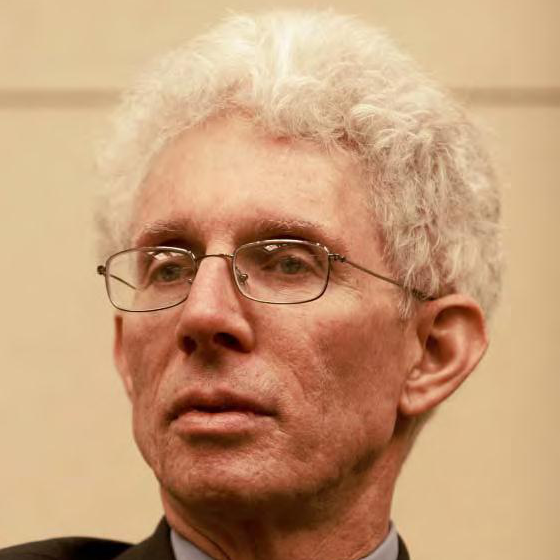Liberalism, Conservatism, and the Jews
 Most Jews have strong political beliefs—about the role of government, the uses of power, the meaning of social justice, and the proper place of religion in public life. But what, if anything, do these varying beliefs have to do with Judaism? Should Jewish politics be governed by what Judaism teaches, or by what is best for the Jews? In contemporary political life, should Jews be liberals or conservatives? This seminar will explore these questions as a problem of political philosophy, drawing on both the foundational texts and ideas of modern liberalism and conservatism and the Jewish writings, classical and modern, that suggest a uniquely Jewish political persuasion.
Most Jews have strong political beliefs—about the role of government, the uses of power, the meaning of social justice, and the proper place of religion in public life. But what, if anything, do these varying beliefs have to do with Judaism? Should Jewish politics be governed by what Judaism teaches, or by what is best for the Jews? In contemporary political life, should Jews be liberals or conservatives? This seminar will explore these questions as a problem of political philosophy, drawing on both the foundational texts and ideas of modern liberalism and conservatism and the Jewish writings, classical and modern, that suggest a uniquely Jewish political persuasion.
Part One of the course will ask big and fundamental questions, guided by Yuval Levin, editor of National Affairs and author of a major new book about the birth of left and right, by theologian Meir Soloveichik, and by political philosopher Peter Berkowitz. How does Judaism relate to liberalism, with its promise of individual rights, economic equality, and a society of fairness guaranteed by an empowered welfare state? How does Judaism relate to conservatism, with its promise of individual opportunity, economic freedom, and a society governed by traditional morality and the virtue-forming institutions that sustain it? When Jewish citizens recognize the need for political action, does their religious consciousness compel them to bring about the prophetic wish for a society of perfect righteousness? Or does the commandment-centered life of family devotion and ritual propriety invite them to embrace the limits of man’s capacity to fully realize abstract ideals? Is the essence of Jewish theology an impassioned and even revolutionary demand to perfect the world, or does it endow its adherents with humility and sobriety within the imperfect but nourishing bonds of family, community, and nation?
Part Two of the course will look at some of the great contemporary political debates between right and left from a Jewish perspective—led by Weekly Standard editor William Kristol and political philosopher William Galston. We will explore competing ideas about economic freedom and social justice, about marriage and family life, about American power and modern Zionism, and about the role of religion in a free and democratic society.

 William Galston, is a Senior Fellow at the Brookings Institution and Saul I. Stern Professor of Civic Engagement and director of the Institute for Philosophy and Public Policy at the University of Maryland. Since 1995, Galston has served as a founding board member of the National Campaign to Prevent Teen Pregnancy and as chair of the campaign's Task Force on…
William Galston, is a Senior Fellow at the Brookings Institution and Saul I. Stern Professor of Civic Engagement and director of the Institute for Philosophy and Public Policy at the University of Maryland. Since 1995, Galston has served as a founding board member of the National Campaign to Prevent Teen Pregnancy and as chair of the campaign's Task Force on…